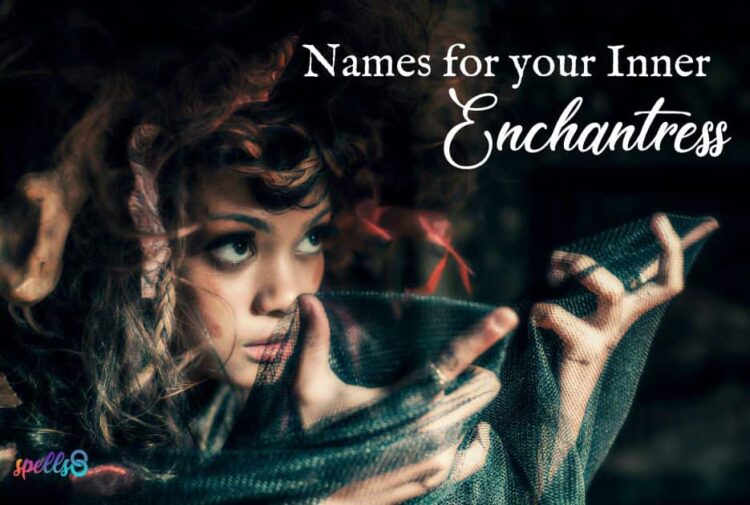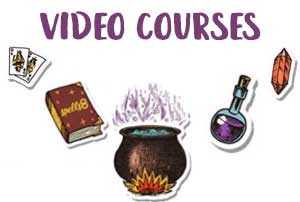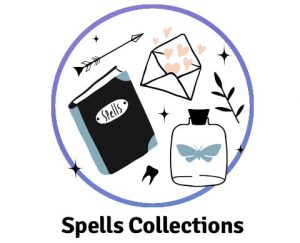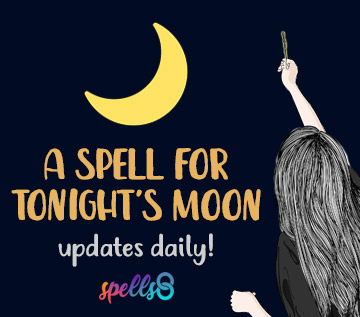Choosing a magickal name can be an exciting and meaningful process for those who practice witchcraft or other forms of magick. A magickal name is a name that is chosen specifically for use in spiritual or magickal contexts, and it can be used to help create a sense of identity and connection to the divine.
Many people choose names that reflect their spiritual path, their beliefs, or their personal qualities, such as strength, wisdom, or compassion. Others may choose names that reflect their connection to nature, such as names of plants or animals.

What are good female witch names?
Here are a few examples of female witch names. It’s important to consider the history and symbolism of the name you choose. Many magickal names are drawn from ancient mythology or folklore, and may have specific associations with particular deities, energies, or archetypes.
Circe – named after the Greek goddess and enchantress known for turning men into animals.
Celeste – a name that means “heavenly” and could work for a witch with celestial or divination powers.
Belladonna – a toxic plant that could work as a name for a mysterious and dangerous witch.
Baba Yaga – named after the Slavic folklore witch who lived in a hut on chicken legs.
Glinda – a name inspired by the good witch in the Wizard of Oz.
Hecate – named after the Greek goddess of magic, crossroads, and witchcraft.
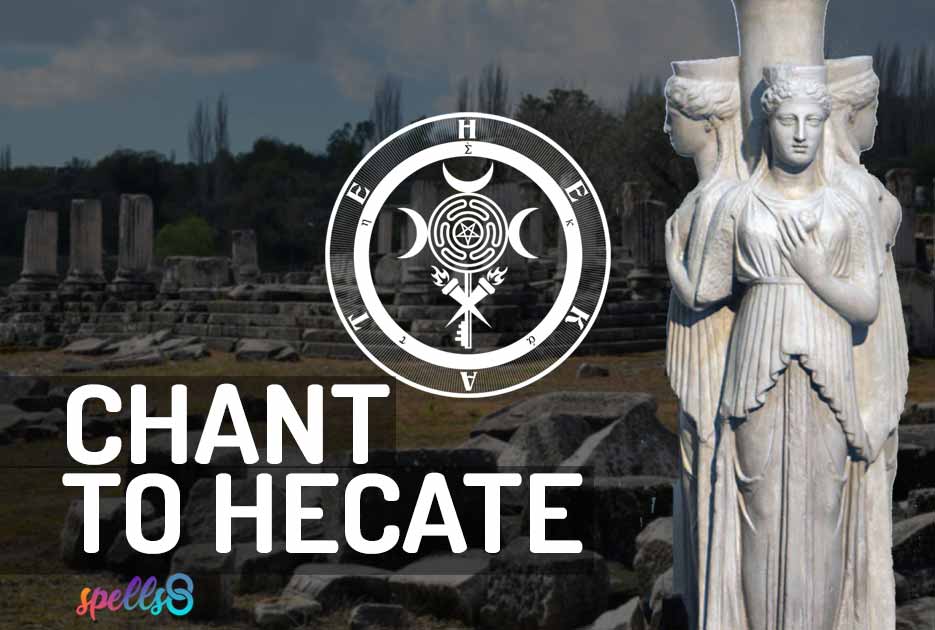
Morgana – inspired by the Arthurian legend of Morgan Le Fay, a powerful sorceress.
Sabrina – a name inspired by the legendary river nymph and could work for a witch with water-based powers or abilities.
Willow – a nature-inspired name that could work well for a witch with earthy and mystical powers.
Esmeralda – a name that means “emerald” and could work well for a witch with green or nature-themed powers.
Lyra – a name that means “lyre” or “harp” and could work well for a witch with musical powers or abilities.
Lilith – a name inspired by Jewish mythology, where Lilith was the first wife of Adam and was believed to be a powerful and sometimes evil figure.
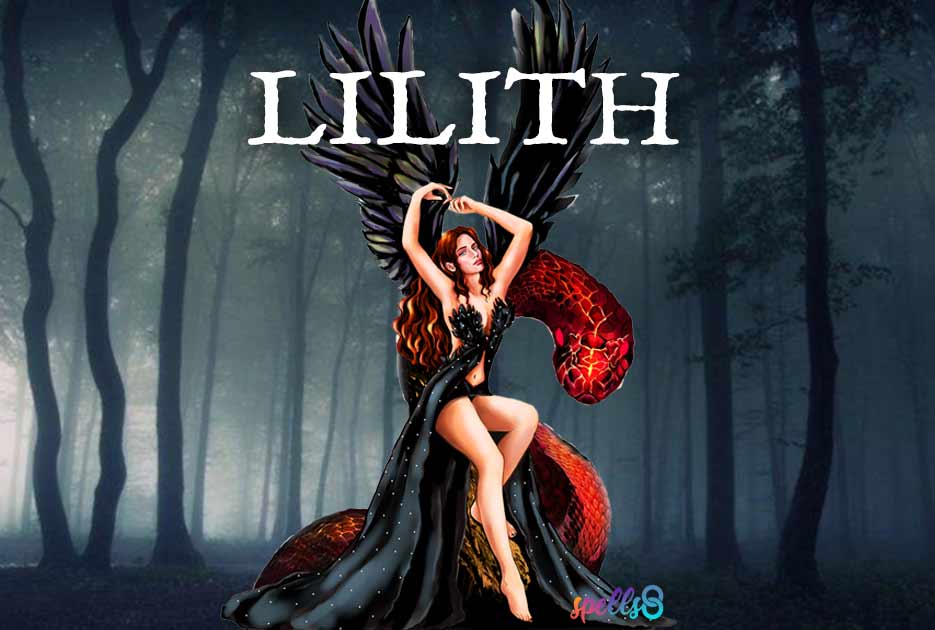
Morgath – a unique name that could work for a dark and powerful witch.
Althea – a name that means “healer” and could work for a witch with healing powers or abilities.
Seraphina – a name that means “fiery” and could work for a witch with fire-based powers or a fiery personality.
Nimue – named after the Lady of the Lake from Arthurian legend and could work for a witch with water-based powers or abilities.
Gaia – named after the Greek goddess of the earth and could work for a witch with nature-based powers.

Endora – a name inspired by the TV show Bewitched and could work for a mischievous or sassy witch.
Isadora – a name that means “gift of Isis” and could work for a witch with Egyptian-inspired powers or abilities.
Selene – named after the Greek goddess of the moon and could work for a witch with moon-based powers or abilities.
What is the luckiest female name?
There is no single “luckiest” female name, as luck is influenced by many factors that are beyond a person’s control. However, some cultures believe that certain names are associated with good fortune or success. Here are a few examples:
Aiko – in Japanese culture, the name Aiko means “love” or “affection,” and it is believed to bring happiness and good luck to those who bear it.
Felicity – the name Felicity means “happiness” or “good fortune” in Latin, and it is often associated with positive outcomes and success.
Jade – in Chinese culture, jade is considered a symbol of good luck, and the name Jade is believed to bring good fortune and prosperity.
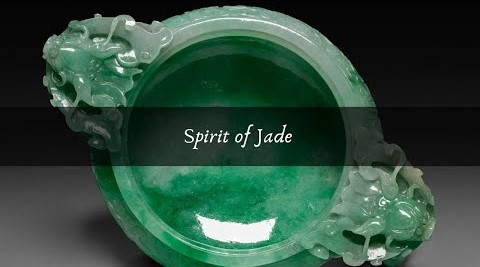
Asher – the name Asher means “blessed” or “happy” in Hebrew, and it is believed to bring good fortune and prosperity.
Sachi – in Japanese culture, the name Sachi means “blessed” or “fortunate,” and it is believed to bring good luck and success.
It’s important to note that luck is often influenced by factors such as hard work, persistence, and a positive attitude. A person’s name is just one small factor in the equation.
What are the Disney witches names?
Disney has featured many witches in its movies and TV shows over the years. Here are some of the most well-known Disney witches and their names:
Maleficent – featured in “Sleeping Beauty” and “Maleficent,” and her name means “doing evil or harm.”
The Evil Queen – featured in “Snow White and the Seven Dwarfs,” and her name is not given in the movie.
Ursula – featured in “The Little Mermaid,” and her name means “little bear.”
Yzma – featured in “The Emperor’s New Groove,” and her name is a play on the word “isma,” which means “to rule” in Spanish.
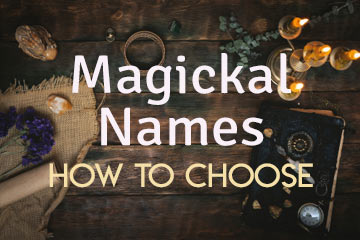
Mother Gothel – featured in “Tangled,” and her name is not given in the movie.
The Sanderson Sisters – featured in “Hocus Pocus,” and their names are Winifred, Mary, and Sarah.
Madame Mim – featured in “The Sword in the Stone,” and her name means “imitation” or “copy.”
The Wicked Stepmother – featured in “Cinderella,” and her name is not given in the movie.
Cruella de Vil – featured in “101 Dalmatians,” and her name is a play on the words “cruel” and “devil.”
Drizella and Anastasia – the wicked stepsisters featured in “Cinderella,” and their names are not given in the movie.
Female Witches FAQ
What’s the name of the witch in the Bible?
There are several mentions of witches or sorceresses in the Bible, but there is not a specific character who is referred to as “the witch” in the Bible. Here are a few examples of biblical references to witches and sorceresses:
The Witch of Endor: This is a story from the Old Testament in which King Saul seeks out a witch to summon the spirit of the prophet Samuel, who has died. The witch is not named in the Bible.
The Sorceress Jezebel: Jezebel is a queen from the Old Testament who is associated with witchcraft and idol worship. She is not specifically referred to as a witch, but is described as a sorceress or a woman who practiced magic.
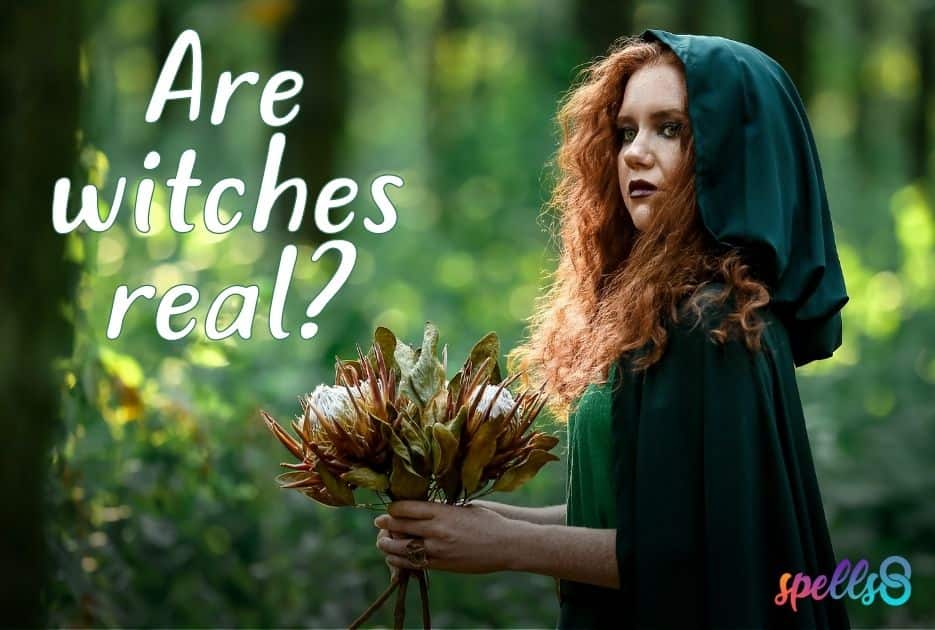
The Seven Sons of Sceva: In the New Testament, there is a story of seven sons of a Jewish priest named Sceva who try to cast out demons using the name of Jesus, but are overpowered by the possessed man. The man says to them, “Jesus I know, and Paul I know about, but who are you?” This story is often interpreted as a warning against the dangers of trying to use spiritual power without true faith.
Overall, while there are references to witches and sorceresses in the Bible, there is not a specific character who is named as “the witch.”
What is a female wizard called?
A female wizard is commonly referred to as a “witch.” However, the term “wizard” can be gender-neutral and can refer to both male and female practitioners of magic. Some female practitioners of magic may also choose to identify themselves as “sorceresses,” “enchantresses,” or “magicians.” The terminology can vary depending on the context and the specific cultural tradition being referenced.
What is an Enchantress witch?
An Enchantress witch is a type of witch who has a talent for enchantment magic. This type of magic involves casting spells or using other magical means to captivate and influence others.
Enchantment magic can be used for both good and evil purposes, depending on the intentions of the witch using it. An Enchantress witch may use her powers to manipulate people’s emotions, thoughts, or behaviors, or to create illusions or visions that seem real.
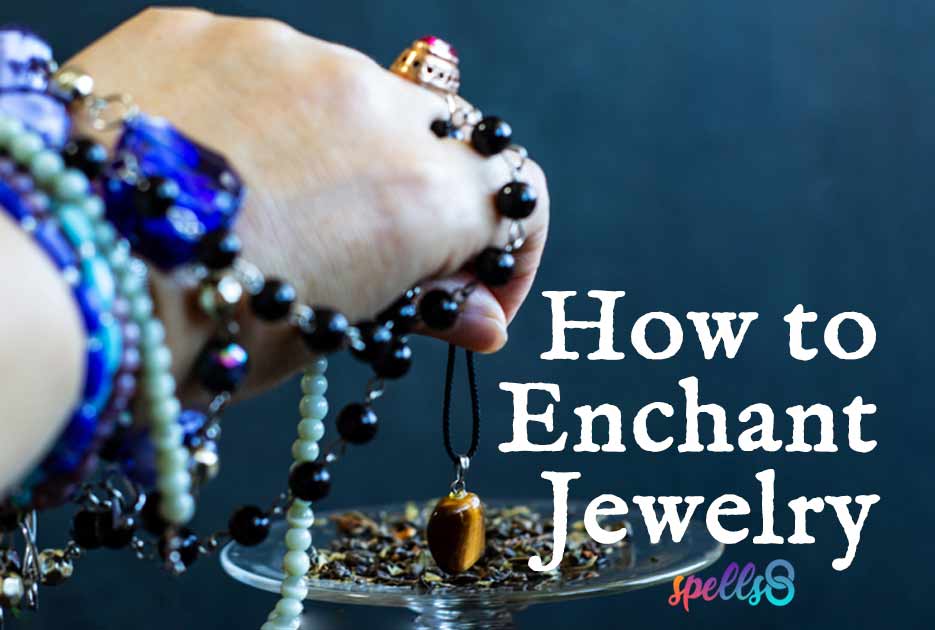
In some stories and legends, Enchantress witches are portrayed as seductive and alluring figures who use their beauty and charm to entice others into their web of magic. In other stories, they may be depicted as more sinister figures who use their powers for darker purposes.
What is the ancient Greek word for witch?
In ancient Greece, the word for witch was “pharmakia” (φαρμακεία), which referred to a practitioner of magic or spells. This word is derived from “pharmakon” (φάρμακον), which means a drug or medicine, but also had connotations of poison or magic. In ancient Greek culture, magic and witchcraft were often associated with the use of potions and herbs, so the term “pharmakia” may have originally referred to someone who used herbal remedies for magical purposes.
Pin It!


